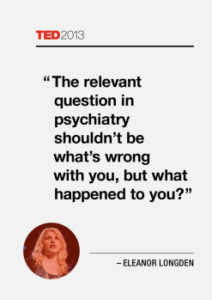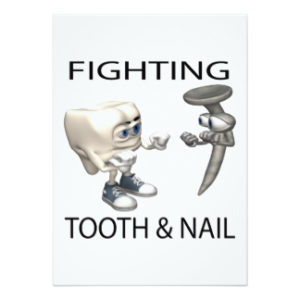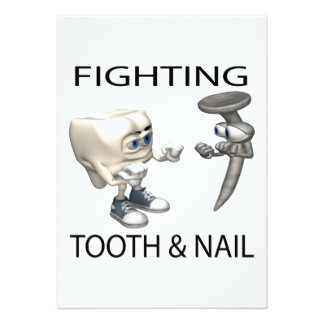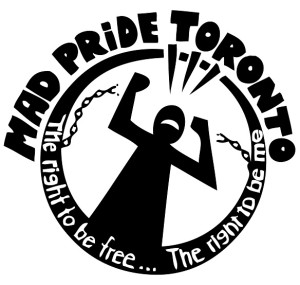Mad Times Intro
This will be a sample Mad Times Post. Check out the rest of the site while we build out the Mad Times section.
Mad Times will be publishing the first issue soon Jan or Feb 2017

This will be a sample Mad Times Post. Check out the rest of the site while we build out the Mad Times section.

- What do we need to know from previous issues to understand the new book?
It helps to have at least read The Jung Ones pt 1, even better to have read Monster Hospital 1 & 2. There are recaps in each new volume of events that occurred in previous books. Basically, at this point, Liz Madder and company are well into the Ajna Project: an experimental drug treatment program based on Jungian psychiatry, that they signed up for, and were accepted into, during their stay at St Dymphna’s psychiatric hospital.
- How do you describe your experience with madness?
- What does Mad Pride mean to you?
Ariane Bakhtiar
Note to the Reader: Terms like mad, crazy, drunk, or junkie are often harmful in that they have historically been used to marginalize people with mental health challenges. In an effort to reclaim harmful language, this article includes mad as a term of empowerment for those who have been excluded socially and/or pathologized by the clinicians, hospitals and rehab centres that have “treated” them. The title “Mad in Islam”, then, refers to Muslims and their allies who recognize the need for programs and services established by Muslim communities for mad Muslims.
The surah Al-Ma’idah (the table spread) – a chapter of the Qur’an – states: “Satan only wants to cause between you animosity and hatred through intoxicants and gambling and to avert you from the remembrance of Allah and from prayer. So will you not desist?” (5.91) Intoxicants, but in particular alcohol, create a spiritual barrier between God and the believer. While scripture does not provide much explanation as to what establishes this barrier, the dulling properties of alcohol are a detriment to prescribed activities, like salaat – prayer – or iqraa – the study of scripture –, that require alertness and authentic intention. (more…)

Editor: Do you, or people around you, blame yourself, others, diagnosis, society or do you recognize that “Something happened to me”
It took me a long time to acknowledge that I had been through multiple traumatic experiences. The first time I heard a therapist refer to my emotional reactions as the result of trauma I stopped seeing her. I wasn’t ready to acknowledge that people had done things to me that have left a lasting mark. I wasn’t taught that people could or had hurt me. I was taught that I was hurting myself. The message that I received, loud and clear, as a teen was that everything was the fault of my mental illness and that I was solely responsible for everything that had happened to me. I was on a constant quest to fix myself so people would like me. I believed that people treated me poorly because I was difficult, sad, annoying, and impulsive. It never occurred to me that the poor treatment I received meant there was something wrong with them and how they saw me as a person. (more…)

I fought tooth and nail to not be the depressed person I was told I was. A youth psychiatrist, in 2005, told me that I would never recover and would need medication for the rest of my life. I didn’t know any other way, except what the psychiatrist told me, and I  hated that way. I used to think I was sick, I was told I was sick and people seemed to dislike me because I was sick. Even the quest to make me “not sick” made me feel worse and affected how people saw me, and not for the better. For me, a diagnosis of a mental illness was a damned if you do and damned if you don’t situation.
hated that way. I used to think I was sick, I was told I was sick and people seemed to dislike me because I was sick. Even the quest to make me “not sick” made me feel worse and affected how people saw me, and not for the better. For me, a diagnosis of a mental illness was a damned if you do and damned if you don’t situation.
 The day I learned about Madness was the day I stopped being sick. It was the day I began to heal from my past wounds caused by psychiatry, society and myself. It was the day I found myself. It was the day I found my value and strength. Madness opened me up to a rich history of people who have felt, thought and experienced things differently and were celebrated not labeled as sick. Madness taught me about neurodiversity, that all of our brains have different structuring and levels of functioning and are supposed to be that way. And Madness taught me about sanism and how what I was condemned to be, a sick, depressed person, was the result of discrimination and not a flaw on my part.
The day I learned about Madness was the day I stopped being sick. It was the day I began to heal from my past wounds caused by psychiatry, society and myself. It was the day I found myself. It was the day I found my value and strength. Madness opened me up to a rich history of people who have felt, thought and experienced things differently and were celebrated not labeled as sick. Madness taught me about neurodiversity, that all of our brains have different structuring and levels of functioning and are supposed to be that way. And Madness taught me about sanism and how what I was condemned to be, a sick, depressed person, was the result of discrimination and not a flaw on my part.